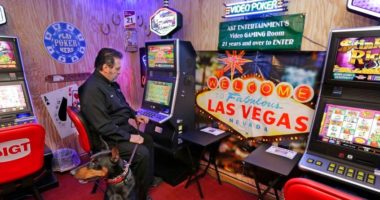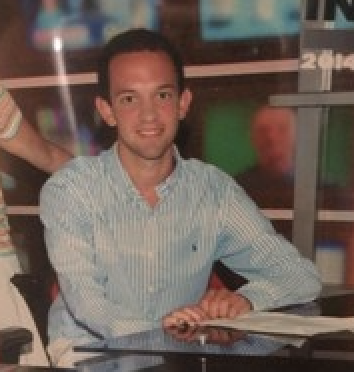Several Towns Rushed To Approve Video Gaming “Push Tax” Before Legislative Deadline


Last week, HB 3136, a bill that allows municipalities to impose a “push tax” on video gaming terminals (VGTs), was passed by the Illinois Senate and House.
The condition was that to apply the force tax in the future, towns had to do it before Monday. Therefore, on Sunday, the community board and city authorities of Calumet City, Dolton, Markham, South Chicago Heights, and University Park complied.
In this case, a force tax at VGT involves charging players a cent every time they participate in an online game.
In order to boost its income, Oak Lawn introduced the push tax in 2020. The VGT sector quickly responded by filing a lawsuit against Oak Lawn. Waukegan may eventually decide to adopt a similar approach.
The background of Illinois’ force tax
Oak Lawn implemented the push tax because it was dissatisfied with not receiving an appropriate share of the VGT revenue.
The VGT revenue of the state increased from 25% to 29% in 2019 due to new gaming legislation. However, the share of municipalities was and remains at 5% today.
Paul Mallot, Oak Lawn Trustee, told The Patch Oak Lawn:
It was scandalous that the video game industry disregarded the local governments when they redistributed the revenue-sharing pie. We are discussing billions of dollars in income, and cities are tasked with providing police and emergency services, as well as keeping streets clean. This is crucial for businesses to function in a safe and inviting atmosphere.
Mallo continued:
“We discussed with several Oak Lawn bettors and our investigation found that they usually made between 100 and 200 bets each time they played. Therefore, neither we nor they considered the $1 or $2 tax to be unfair.”
The Illinois Gaming Machine Operators Association has recently accused the squeeze revenue of being illegal. Critics argue that it is challenging to track each play and it imposes a tax on the casino, which could potentially discourage them from continuing to play.
This could subsequently harm the operators. For example, Homer Glen declined the tax. According to the Chicago Tribune, Mayor George Yukich stated that the push tax “damages the business.”
Mike Pappas, an executive for Accel Entertainment, informed the village board that a push tax and mdash could drive gamblers to travel to other towns without such taxes, and this could happen for as little as one penny.
The drive duty has proven beneficial for Oak Lawn, providing it with an expected increase in annual revenue by an additional $1 million, for what it’s worth.
Illinois receives sizable revenue earnings from VGTs.
The primary cause of the dispute is the substantial revenue generated by VGTs. A future tax of 1% could potentially produce significant returns.
The state is receiving a substantial 29% cut. Additionally, in September, Video Gaming Terminals (VGTs) produced $61.3 million in tax revenue for the state of Illinois.
To put it in perspective, the amount is only about $10 million less than what the state has earned from sports betting in its entire lifespan.
What more did HB 3136 contain?
The bill HB 3136, which introduces some crucial alterations for the gaming industry in Illinois, is of significant importance.
Besides the push tax, there are several significant changes in sports betting.
The bill stipulates a definitive termination date for in-person sports betting membership, arguably its most significant feature. While it could cease earlier, the set date is March 5, 2022.
The bill also permits betting on Illinois college teams, something which was previously not allowed. However, there is a condition requiring in-person betting, which means Illinois residents will need to visit a physical sportsbook to place such bets. Live bets are still not allowed.
Furthermore, the bill would allow Wintrust Arena to apply for a financial sports betting registration. The policy is currently waiting for the signature of Illinois Governor, JB Pritzker.







